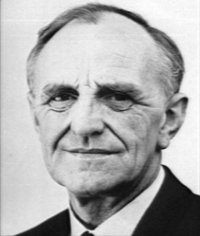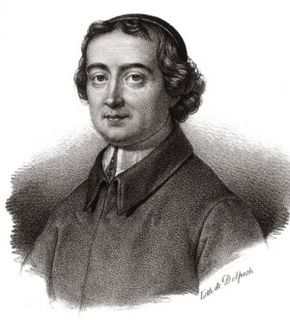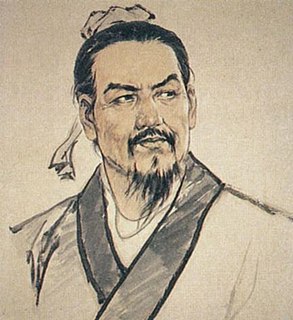A Quote by T. S. Eliot
And they write innumerable books; being too vain and distracted for silence: seeking every one after his own elevation, and dodging his emptiness.
Related Quotes
The true Indian sets no price upon either his property or his labor. His generosity is limited only by his strength and ability. He regards it as an honor to be selected for difficult or dangerous service and would think it shameful to ask for any reward, saying rather: "Let the person I serve express his thanks according to his own bringing up and his sense of honor. Each soul must meet the morning sun, the new sweet earth, and the Great Silence alone!. What is Silence? It is the Great Mystery! The Holy Silence is His voice!
We thank Him less by words than by the serene happiness of silent acceptance. It is our emptiness in the presence of His reality, our silence in the presence of His infinitely rich silence, our joy in the bosom of the serene darkness in which His light holds us absorbed, it is all this that praises Him.
There are all kinds of silences and each of them means a different thing. There is the silence that comes with morning in a forest, and this is different from the silence of a sleeping city. There is silence after a rainstorm, and before a rainstorm, and these are not the same. There is the silence of emptiness, the silence of fear, the silence of doubt.
The child begins life as a pleasure-seeking animal; his infantile personality is organized around his own appetites and his own body. In the course of his rearing the goal of exclusive pleasure seeking must be modified drastically, the fundamental urges must be subject to the dictates of conscience and society, urges must be capable of postponement and in some instances of renunciation completely.
The mother gazes at the baby in her arms, and the baby gazes at his mother's face and finds himself therein... provided that the mother is really looking at the unique, small, helpless being and not projecting her own expectations, fears, and plans for the child. In that case, the child would find not himself in his mother's face, but rather the mother's own projections. This child would remain without a mirror, and for the rest of his life would be seeking this mirror in vain.
He knew that he was the stuff of which fanatics and madmen are made and that he had turned his destiny as if with his bare will. He kept himself upright on a very narrow line between madness and emptiness and when the time came for him to lose his balance he intended to lurch toward emptiness and fall on the side of his choice.
Let us labor for an inward stillness-- An inward stillness and an inward healing. That perfect silence where the lips and heart Are still, and we no longer entertain Our own imperfect thoughts and vain opinions, But God alone speaks to us and we wait In singleness of heart that we may know His will, and in the silence of our spirits, That we may do His will and do that only
A man is known by the books he reads, by the company he keeps, by the praise he gives, by his dress, by his tastes, by his distastes, by the stories he tells, by his gait, by the notion of his eye, by the look of his house, of his chamber; for nothing on earth is solitary but every thing hath affinities infinite.
Judge not the Lord by feeble sense, But trust Him for His grace;
Behind a frowning providence He hides a smiling face.
His purposes will ripen fast, Unfolding every hour;The bud may have a bitter taste, But sweet will be the flow’r. Blind unbelief is sure to err And scan His work in vain; God is His own interpreter, And He will make it plain.





































